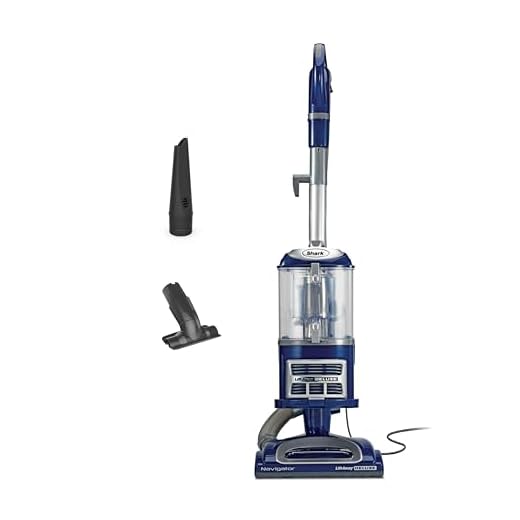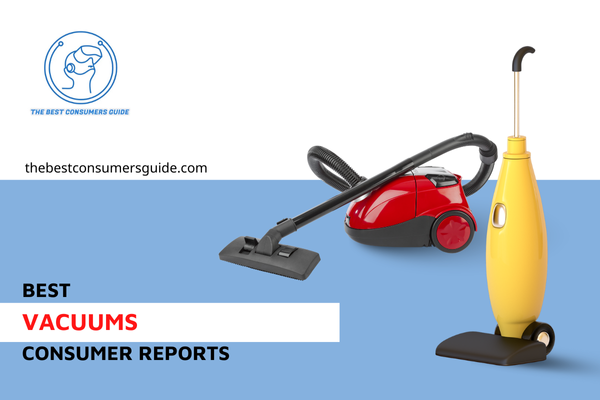Consumer Reports Vacuums, Ratings, Reviews, Tips, and Guides in 2025
A good vacuum cleaner does more than just remove dirt—it protects your indoor air quality and saves you time. Whether you’re battling pet hair, thick carpets, or dust on hardwood floors, the right model makes all the difference.
We’ve reviewed and compared the Best Vacuums Consumer Reports 2025, covering power, usability, filtration, and real customer feedback.
Top 7 Best Vacuum Cleaners of 2025
Below is the list of top 10 Best Vacuums that you can have a look at and buy. Check one by one carefully before purchasing.





*Note: Score is based on our AI score (Editor’s choice and rating)
Comparison Table – Best Vacuums Consumer Reports 2025
| Product | Best For | Pros | Cons |
|---|---|---|---|
| Dyson V15 Detect | Smart homes, allergy sufferers | Laser dust detection, HEPA filter, LCD screen | Expensive, small dustbin |
| Shark Navigator Lift-Away | Budget-conscious buyers, stairs | Affordable, lift-away pod, HEPA filter | Heavy, lacks LED lights |
| Miele Complete C3 | Mixed flooring, quiet use, allergies | Quiet, strong suction, sealed bags | Expensive, uses proprietary bags |
| iRobot Roomba j7+ | Hands-free cleaning, pet owners | Self-emptying, smart mapping, app control | Expensive, not for deep carpets |
| Bissell CleanView Swivel Pet | Pet hair, carpeted homes | Triple-action brush, swivel steering | No HEPA filter, noisy |
| Eureka WhirlWind Bagless | Light cleaning, small spaces | Lightweight, washable filter, budget-friendly | Short cord, not for thick carpets |
| Hoover WindTunnel 3 | Deep carpet cleaning, large homes | Strong suction, HEPA filter, large bin | Heavy, not for hardwood floors |
1. Dyson V15 Detect – Best Smart Cordless Vacuum
Best For: Smart homes, allergy sufferers, multi-surface cleaning
Pros:
-
Laser dust detection reveals hidden debris
-
Powerful suction with intelligent auto-adjust
-
LCD screen shows runtime and particles
-
Whole-machine HEPA filtration
Cons:
-
Expensive
-
Small dustbin requires frequent emptying
2. Shark Navigator Lift-Away – Best Budget Upright Vacuum
Best For: Budget-conscious buyers, stairs, general home use
Pros:
-
Great value under $200
-
Lift-away pod for portable cleaning
-
HEPA filter with anti-allergen seal
-
Swivel steering for easy maneuvering
Cons:
-
Slightly heavy
-
No LED headlights
3. Miele Complete C3 – Best Premium Canister Vacuum
Best For: Mixed flooring, quiet operation, allergy-prone homes
Pros:
-
Very quiet and powerful
-
Adjustable suction settings
-
Sealed dust bag system keeps allergens inside
-
Premium German build quality
Cons:
-
Expensive upfront and maintenance cost
-
Uses proprietary bags and filters
4. iRobot Roomba j7+ – Best Robot Vacuum
Best For: Hands-free cleaning, pet owners, tech lovers
Pros:
-
Smart mapping and obstacle avoidance
-
Self-emptying dustbin lasts weeks
-
Works with Google Assistant and Alexa
-
Great for daily maintenance
Cons:
-
High price tag
-
Not ideal for deep carpet cleaning
5. Bissell CleanView Swivel Pet – Best Vacuum for Pet Hair
Best For: Pet hair removal, carpeted homes
Pros:
-
Triple-action brush roll lifts embedded hair
-
Swivel steering for better control
-
Scatter-free technology for hard floors
-
Large capacity dirt bin
Cons:
-
No HEPA filter
-
Slightly noisy operation
6. Eureka WhirlWind Bagless – Best Lightweight Canister Vacuum
Best For: Light cleaning, small spaces, easy handling
Pros:
-
Lightweight and easy to carry
-
Washable filter saves cost
-
Budget-friendly
-
Integrated crevice and upholstery tools
Cons:
-
Short power cord
-
Not suitable for thick carpets
7. Hoover WindTunnel 3 – Best Vacuum for Deep Carpet Cleaning
Best For: Deep carpet cleaning, larger households
Pros:
-
Powerful suction with multi-cyclonic action
-
HEPA filter traps 99.97% of dust
-
Large capacity dustbin
-
Great for high-pile carpets
Cons:
-
Heavy to maneuver
-
Not ideal for delicate hardwood floors
How to Choose the Right Vacuum in 2025
-
Surface type: Choose based on carpet, hardwood, or mixed floors
-
Filtration: Go with HEPA if you have allergies
-
Weight: Consider lighter models for stairs and portability
-
Special features: Look for smart mapping, laser dust detection, or pet-specific tools
Final Verdict
If you’re after cutting-edge technology and premium performance, the Dyson V15 Detect is unmatched. For smart, hands-free cleaning, the Roomba j7+ delivers convenience. On a budget? The Shark Navigator Lift-Away offers excellent value without sacrificing power.
No matter your needs, these top vacuum picks for 2025 have you covered.
I’m Georgie Barton, a reviewer for various magazines . I’ve been testing and writing about household products and electronics for years, and have become quite the authority on the subject. My goal is to help people make informed decisions when purchasing these items, so they can get the most value for their money.
My hope is that through my work, everyone will be able to find a quality and satisfactory product. Thank you for reading!

